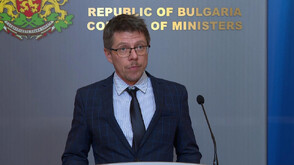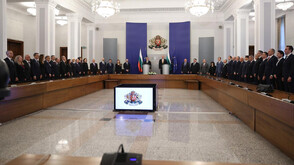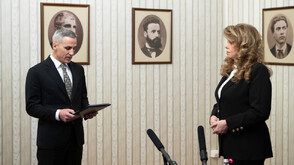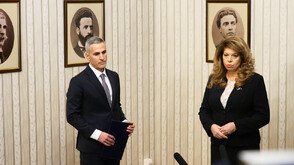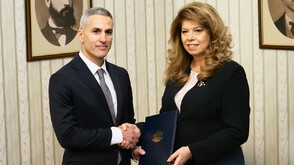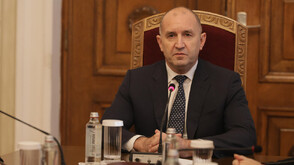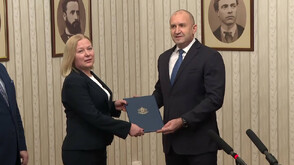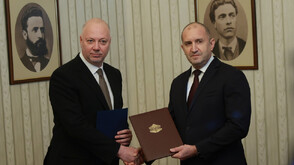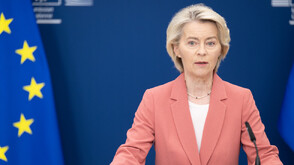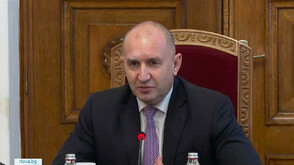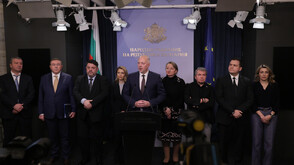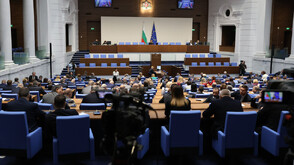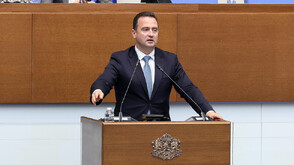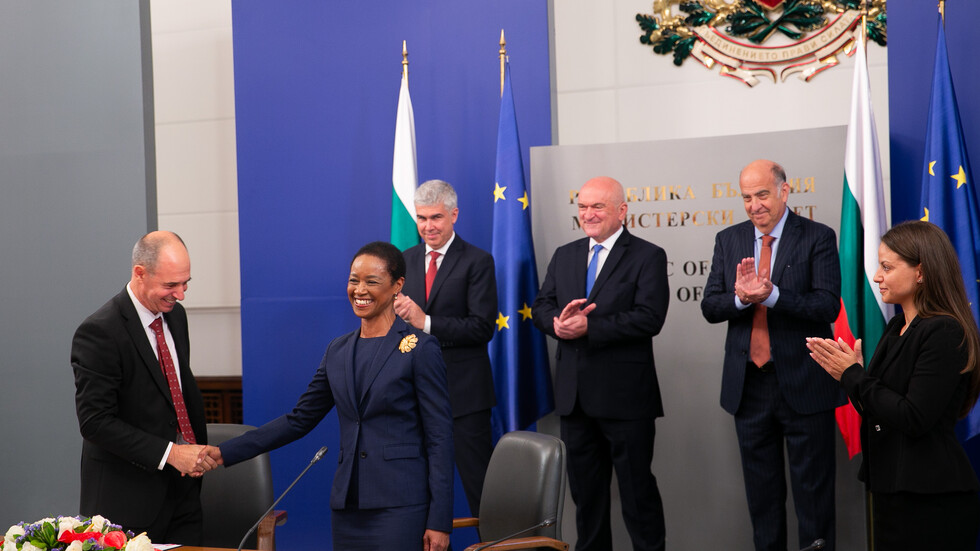
Photo: U.S. Embassy in Bulgaria
A grant agreement has been signed on Monday
Today, U.S. Trade and Development Agency Director Enoh T. Ebong signed a grant agreement with Bulgaria’s state-owned electricity transmission company, Elektroenergien Sistemen Operator EAD (ESO), to advance new transmission infrastructure that will both ease the integration of new renewable energy sources and increase ESO’s capacity to export electricity to Bulgaria’s neighbors.
“This partnership with ESO will further Bulgaria’s renewable energy, climate, and economic ambitions and catalyze benefits across Europe,” said Director Ebong. “By leveraging U.S. technologies, USTDA’s engagement will help mitigate the climate crisis by supporting Bulgaria’s goals of decarbonizing its power sector and providing additional capacity for renewable energy resources.”
USTDA’s grant will fund a feasibility study to assess the expansion of Bulgaria’s transmission grid, with the goal of increasing cross-border capacity by 2,000 MW at each of its borders with Greece, North Macedonia, Romania and Türkiye. In addition to increasing export capacity, the project will ease the introduction of new renewable power onto Bulgaria’s grid and facilitate its transmission without impacting the grid’s stability.
Bulgaria seeks to decarbonize its power sector through the phaseout of coal-fired power plants and the deployment of renewable energy resources, and the added transmission capacity will facilitate the deployment of renewable resources ahead of decommissioning existing coal-fired power plants.
“I am grateful for the active collaboration between ESO and the U.S. Trade and Development Agency in the recent months; it led to today's signing of the agreement for grant funding of the feasibility study of the East-West Energy Corridor,” said Mr. Angelin Tsachev, CEO of ESO. “The implementation of the project is key to achieving the objectives of decarbonization and increasing cross-border grid capacity for the transmission of electricity generated from renewable energy sources. Meetings held with the electricity transmission operators of Türkiye, Greece, North Macedonia, Serbia, Kosovo, Albania and Montenegro have confirmed the viability of the project.”
U.S. Ambassador to Bulgaria Kenneth Merten welcomed the feasibility study, saying: “This project will help improve system efficiency, reduce costs for consumers and companies, support integration of renewable-energy generation and distribution, and help lower carbon and other emissions. It is an important step towards a greener future for Bulgaria and the region.”
U.S. businesses interested in submitting proposals for the USTDA-funded feasibility study should visit www.ustda.gov/work/bid-on-an-overseas-project.
USTDA’s assistance advances Biden-Harris Administration priorities including the Emergency Plan for Adaptation and Resilience and USTDA’s Global Partnership for Climate-Smart Infrastructure. It also supports the European Energy Security and Diversification Act, which prioritizes assistance to develop energy infrastructure in Europe and Eurasia.
The U.S. Trade and Development Agency helps companies create U.S. jobs through the export of U.S. goods and services for priority infrastructure projects in emerging economies. USTDA links U.S. businesses to export opportunities by funding project preparation and partnership building activities that develop sustainable infrastructure and foster economic growth in partner countries.
Редактор: Маргарита СтоянчеваПоследвайте ни





